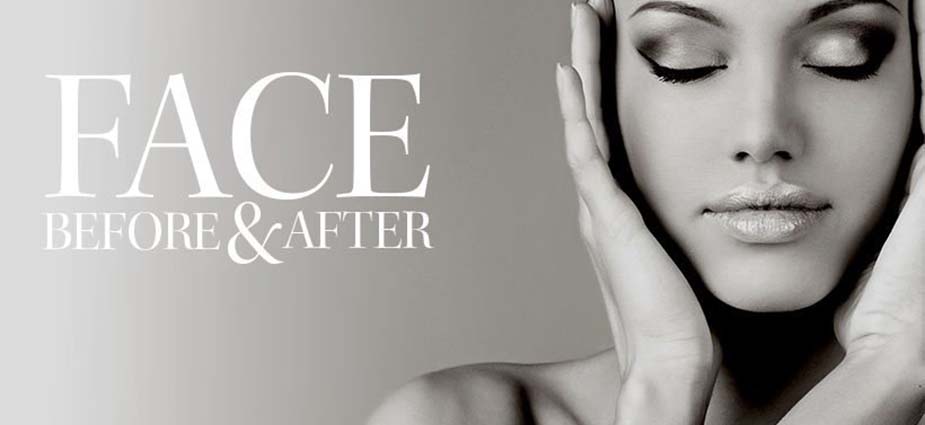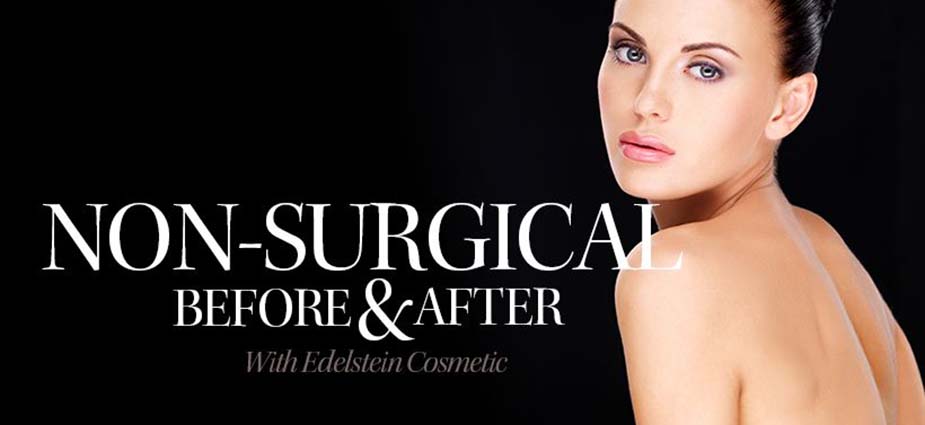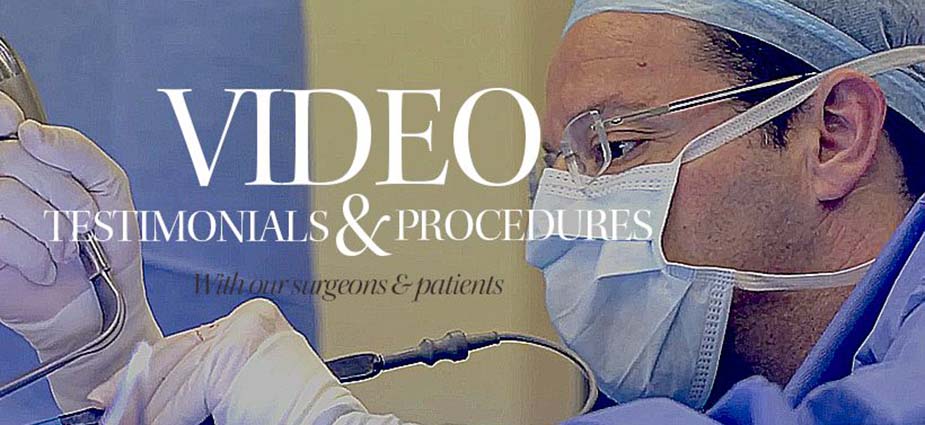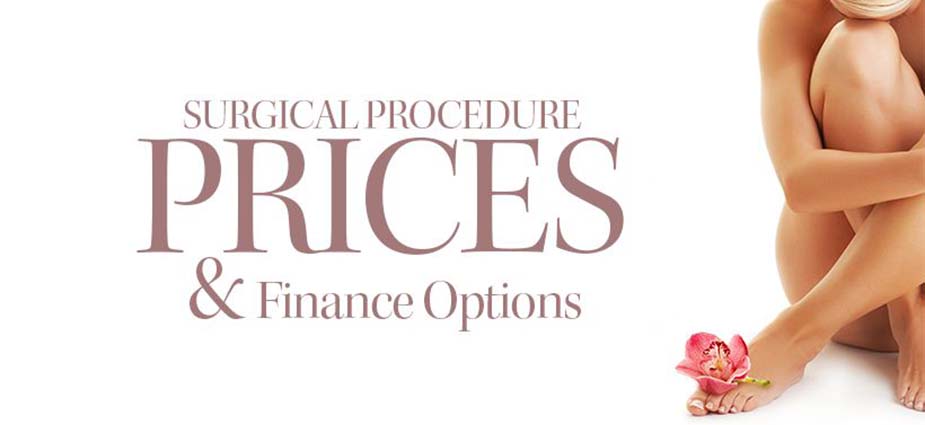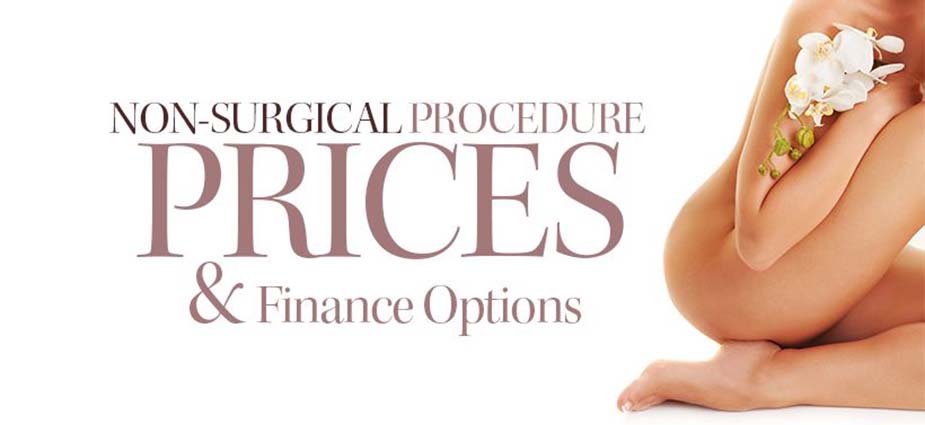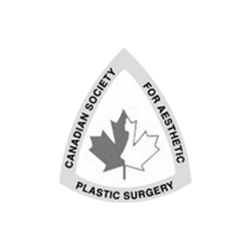Eyelid surgery is a procedure in which the skin and tissue of the eyelid and surrounding ocular area is reduced and tightened respectively. This will often lead to the near-complete abatement of undesirable physical traits such as bags under the eyes, dark circles, or puffiness. Additionally, those with ptosis, a condition in which the upper eyelid droops into the field of vision, can have this debilitating problem resolved.
The medical term for eyelid surgery is blepharoplasty—before you have this kind of operation, it’s likely that your surgeon will provide you with a list of instructions. Do your best to follow them as closely as possible—the success of the surgery and the speed with which you recover will be affected by your willingness to cooperate. Generally speaking, preparing for a blepharoplasty operation is relatively simple and you’re probably going to be told to do some of the things we’re about to discuss below.
Be Prepared to Avoid Direct Sunlight for Comfort
A small but noteworthy consideration to prepare for will be for the first few days following your blepharoplasty operation. It’s likely that your eyes will be sensitive in general, but that you’ll especially experience some sensitivity to light. You’ll also want to avoid exposure to direct sunlight to aid in the healing process—it’s reasonable to expect to want to stay indoors for a few days while you recover. If you must go out, an umbrella for shade and—only if approved by your surgeon—a pair of sunglasses will be helpful. It seems like a small thing, but do ask your surgeon about sunglasses or anything else that might put weight or pressure on your face. Even small weights like sunglasses can affect the amount of time you take to heal.
Avoid Aspirin and Anti-inflammatory Medications, Quit Smoking
In almost all cases, your surgeon will advise you to avoid taking aspirin or other anti-inflammatory medications. If you’re on any kind of medication at all—anti-inflammatory or otherwise—this is something that should be discussed with your doctor well in advance and, if necessary, alternatives or other preparations will be made. Additionally, you’ll likely be told to quit smoking at least before and after the surgery.
Above All Else: Follow The Instructions Provided By Your Surgeon
The most important thing to do above all else will be to follow the instructions given to you by your plastic surgeon. They’re familiar with your unique anatomy and needs and will be able to give you recovery instructions specifically tailored to what you need to do.
Are The Benefits Worth It?
For most patients, the benefits of blepharoplasty far outweigh the minimally invasive surgery and the similarly mild inconvenience of a two week recovery period. For many, the reduction or complete abatement of under eye bags, increasingly dark circles, and/or chronic puffiness is highly beneficial in the achievement of their aesthetic goals. And for some patients blepharoplasty is a medical necessity—in the event that you have ptosis, a condition in which the upper eyelid droops or sags down into the field of vision, blepharoplasty is a common and effective solution that may be covered by healthcare. This is something that your plastic surgeon will assist you in determining, along with helping you with other administrative paperwork.
Learning More About Blepharoplasty
To learn more about eyelid surgery and how it can potentially benefit you, please feel welcomed and encouraged to contact Edelstein Cosmetic. Conveniently located in Toronto, this clinic is staffed by medical professionals with years of experience. To schedule a consultation today, please dial (416) 256-5614 at your earliest convenience.





